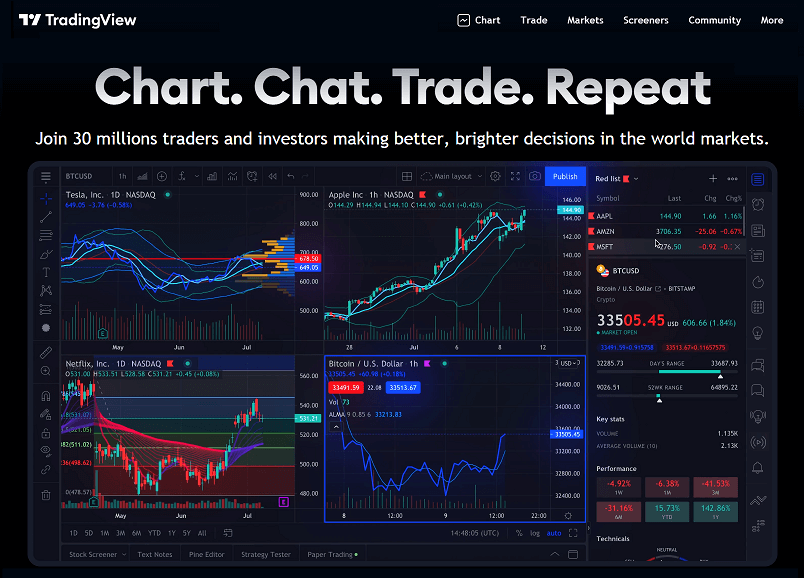
“Have you ever wondered why gold never gets above $2,000, and silver never goes to $30 or beyond? Because of massive short positions that keep their prices down,”. “How do they maintain these massive short positions? Because the Fed is bankrolling it through its ‘primary dealers’ – the mega-banks that de facto control the Fed.”
JP Morgan, one of the world’s largest financial institutions, has been holding a short position on gold for several years. The bank has been criticized for this position by many gold investors, who argue that it is an attempt to manipulate the gold market.
A short position on gold means that JP Morgan has sold futures contracts on gold with the expectation that the price of gold will decline. If the price of gold does indeed fall, JP Morgan will make a profit on these contracts. However, if the price of gold rises, the bank will incur losses on these contracts.
JP Morgan’s short position on gold has been the subject of much controversy, with many investors and analysts questioning the bank’s motives. Some have suggested that the bank is attempting to manipulate the price of gold in order to benefit its own trading positions. Others have argued that the bank is simply making a bet on the future direction of the gold market, based on its own analysis and market research.
Regardless of the bank’s motives, the fact remains that JP Morgan’s short position on gold has had an impact on the gold market. Many gold investors have pointed to the bank’s position as evidence of manipulation in the market, and have called for greater transparency and regulation in the futures markets.
Despite the controversy surrounding its short position on gold, JP Morgan has defended its actions. The bank has argued that it is simply engaging in legitimate trading activities, and that it has no intention of manipulating the market.
The debate over JP Morgan’s short position on gold is likely to continue for some time. While some investors and analysts believe that the bank’s actions are unethical and manipulative, others see it as a legitimate trading strategy. Regardless of one’s position on the issue, it is clear that the gold market remains a complex and often unpredictable area of investment, with many different factors and players at play.

One of the world’s largest financial institutions, has faced a series of fines and legal actions over allegations of manipulating the price of gold. These allegations have caused significant damage to the bank’s reputation and have raised serious questions about the integrity of the gold market.
The allegations against JP Morgan date back to the early 2000s, when the bank was accused of manipulating the price of gold through illegal trading activities. Specifically, the bank was accused of using its dominant position in the gold market to manipulate the price of the precious metal in its favor.
In response to these allegations, regulators around the world launched investigations into JP Morgan’s trading activities. In 2018, the US Commodity Futures Trading Commission (CFTC) fined the bank $30 million for “spoofing” the gold market, a practice in which traders place large orders with the intention of canceling them before they can be filled. This can create the illusion of demand or supply in the market, driving prices in a particular direction.

Dr. Stephen Leeb, one of the world’s top money managers, says that “JPMorgan’s gold derivative short positions are so numerous and large that they likely exceed the entirety of the bank’s assets on hand – which is a very dangerous position in which to be.”
In addition to the CFTC fine, JP Morgan has also faced legal action from private investors who have accused the bank of manipulating the price of gold to their disadvantage. In 2019, the bank settled a class-action lawsuit brought by gold investors for $50 million, without admitting to any wrongdoing.
Despite these fines and legal actions, JP Morgan has continued to deny any wrongdoing. The bank has argued that it was engaging in legitimate trading activities and that it did not intend to manipulate the market.
However, the fines and legal actions against JP Morgan have had a significant impact on the bank’s reputation. Many investors and analysts have expressed concerns about the integrity of the gold market, and have called for greater transparency and regulation in the futures markets.
The allegations of gold price manipulation against JP Morgan serve as a stark reminder of the importance of maintaining a fair and transparent financial system. While the bank may have denied any wrongdoing, the fact remains that its actions have damaged the credibility of the gold market and have raised serious questions about the behavior of large financial institutions. As the financial world continues to evolve, it is likely that regulators will remain vigilant in their efforts to ensure a level playing field for all investors.
If gold continues to rise, JP Morgan’s short position on the precious metal could lead to significant losses for the bank. As the price of gold increases, the value of the bank’s short position will decrease, resulting in a loss on those positions.
The risk for JP Morgan is amplified by the fact that it is one of the largest players in the gold market. As such, the bank’s trading activities can have a significant impact on the price of gold. If JP Morgan’s short position on gold becomes widely known, it could create a panic in the market, causing the price of gold to surge even higher.

Another risk for JP Morgan is reputational damage. If the bank’s short position on gold is seen as an attempt to manipulate the market or as evidence of unethical behavior, it could harm the bank’s reputation and damage its relationships with clients and other market participants.
In addition, JP Morgan could face regulatory scrutiny if its trading activities are found to be in violation of any rules or regulations. This could result in fines, legal actions, or other penalties, further damaging the bank’s reputation and financial position.
It is important to note, however, that financial institutions like JP Morgan typically engage in a range of trading activities, including both long and short positions on various assets. These positions are often part of a larger trading strategy and are closely monitored to ensure that they align with the bank’s risk management policies and regulatory requirements.
Ultimately, the risks that JP Morgan faces if gold continues to rise will depend on a range of factors, including the size and nature of the bank’s short position on gold, the behavior of other market participants, and the broader economic and geopolitical environment. As with any investment, there are always risks involved, and financial institutions must carefully manage these risks in order to protect their own interests and those of their clients.
Source: https://www.planet-today.com/2023/03/jpmorgan-holds-massive-gold-derivative.htm




































































































































































































